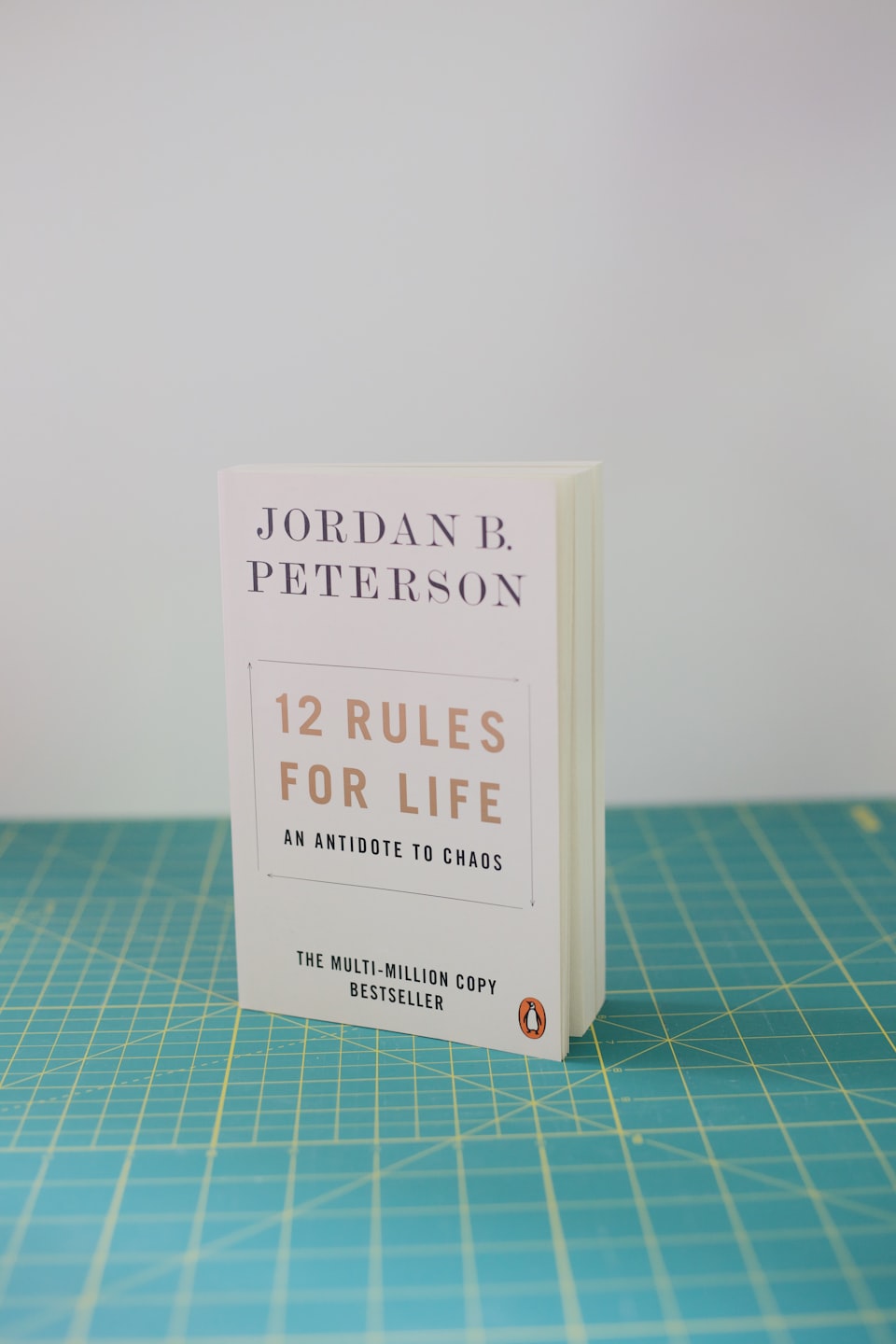Can you guess what the top New Year’s resolution for 2022 was? If you guessed getting fitter, you guessed it right. Every January, the internet gets plastered with memes about people getting gym memberships only to give up going to the gym after a few weeks.
One of the primary reasons many of us waver in our commitments is the lack of tangible results. Going to the gym, especially if you haven’t been active in a while, is a jarring experience. Just the time commitment itself can take a while to get adjusted to. But nothing is more discouraging than not seeing results after you’ve religiously worked out, pushing your body to its limits for weeks.
After a hard day at the gym, I’ve indeed stood in front of the mirror wondering if the last hour was worth the physical effort. Mainly because I have no idea what I am doing most of the time. Without having a trainer to consult, I lived under the constant fear of doing things wrong. I frequently switched workouts, sometimes understanding very well that it takes a few of regular working out before one sees any physical results.
In Atomic Habits, James Clear introduces a concept called the *Plateau of Latent Potential. *
“If you find yourself struggling to build a good habit or break a bad one, it is not because you have lost your ability to improve. It is often because you have not yet crossed the Plateau of Latent Potential. Complaining about not achieving success despite working hard is like complaining about an ice cube not melting when you heated it from twenty-five to thirty-one degrees. Your work was not wasted; it is just being stored. All the action happens at thirty-two degrees.”
Excerpt From
Atomic Habits: Tiny Changes, Remarkable Results
I agree with Clear that accidental success is not repeatable. Success requires a deliberate effort. We need to cross the *valley of disappointment *for new habits to stick, which takes time.

The only sure shot way to form a new habit is to make it part of your lifestyle. Before jumping into a hobby, Clear recommends building a system to support the activities required in your hobby.
Goals are good for setting a direction, but systems are best for making progress. A handful of problems arise when you spend too much time thinking about your goals and not enough time designing your systems.
A well-designed system focuses on continuous small improvements in a way that doesn’t conflict with the rest of your identity. For example, instead of setting a goal of losing 10 lbs, a better plan would be to schedule your day to have 20 minutes to exercise without taxing your existing schedule.
You may say that 20 minutes a day is not a lot, but it’s better than setting an unreasonable goal with no plan to achieve it. Sure, you may be able to push through initially, but in the long term the tasks may feel like chores, for which you have no time.
That’s when your treadmill becomes a walking closet. 😊
Ok, I promise to keep the humor in check going forward.
So the next time you find yourself struggling to maintain a new habit, convert it into an *Atomic *habit by focusing on setting up a system to enable your hobby than setting goals.
Don’t finish a book, become a reader. The goal isn’t to run a marathon, but become a runner. Change the way you think about yourself and your new habits will become part of your life.

